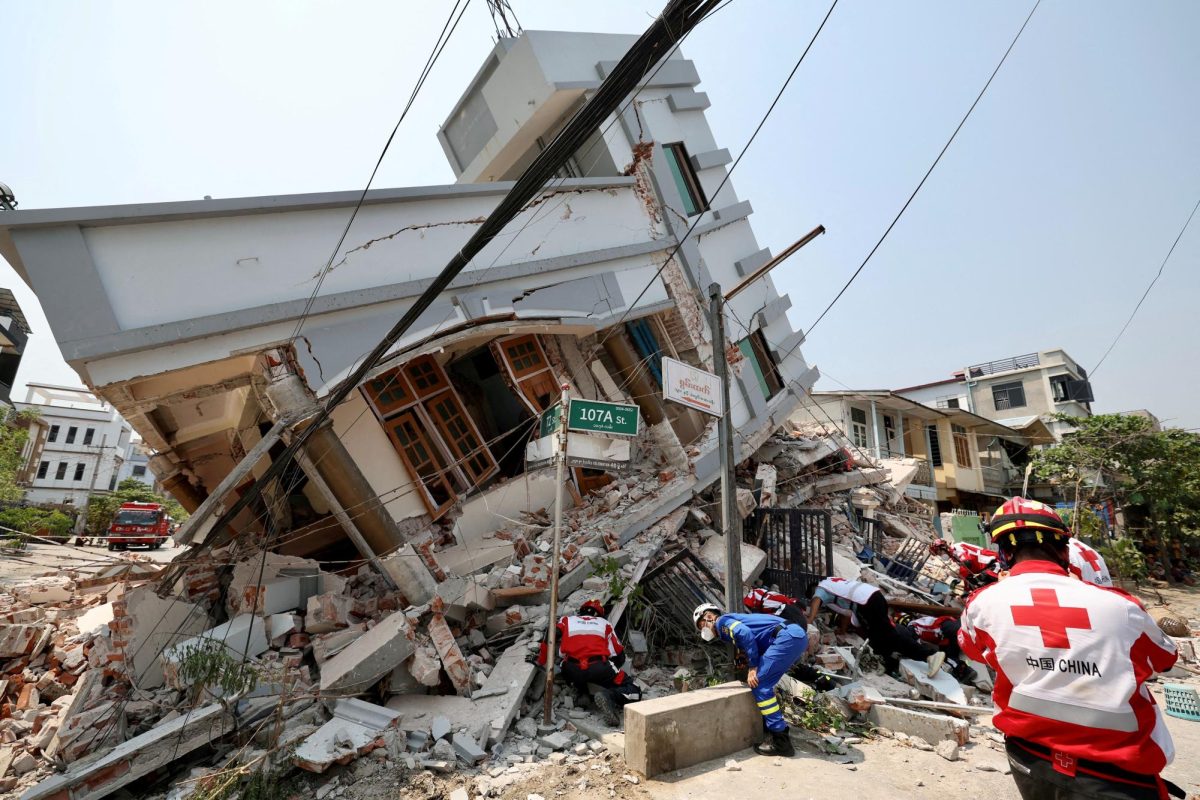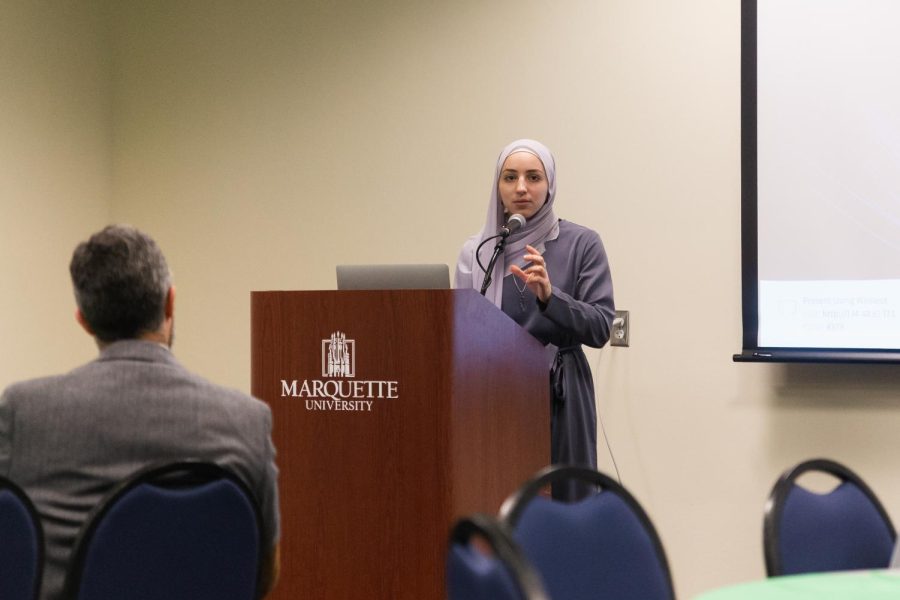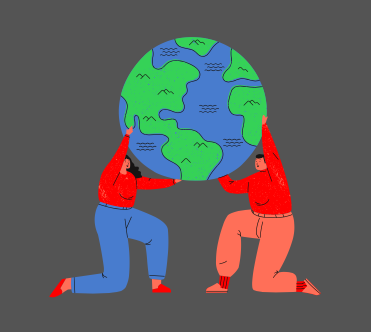Myanmar’s tragic earthquake has caused devastations for the already struggling third-world country. The powerful 7.7 magnitude quake hit on March 28 and has induced major damages.
Multiple buildings collapsed and the death toll, currently over 3,000, continues to rise. Rescue workers try to find and save as many people as they can from the rubble, but the chances of finding survivors decrease after 72 hours. Many people died immediately on impact or due to a lack of oxygen, food and water.
A Chinese rescue team was able to save four people on April 1 after they were trapped inside a collapsed building for over 60 hours: three women, one of whom is pregnant, and a five-year-old child. Others were not so lucky.
Two hundred Buddhist monks died in a collapsed monastery, fifty children were killed by a crumbling preschool classroom and seven hundred Muslims were crushed by fallen mosques while worshipping.
The country has pleaded for international help, as they do not have the necessary resources or funding to provide disaster relief. One of the hospital entrances in Naypyidaw, Myanmar’s capital, collapsed, forcing the staff to treat patients outside.
Neighboring countries have also suffered damages due to the aftershocks of the earthquake. A high-rise under construction in Bangkok, Thailand collapsed and killed at least six people. Neighboring Chinese provinces Yunnan and Sichuan have also suffered damages and injuries.
The U.S. has sent a team to Myanmar to assist with aid and recovery along with other countries, such as Russia and China. Aid is essential to a country like Myanmar where almost half of the population lives below the poverty line.
Additionally, the earthquake has contributed to the political turmoil in the country and worsened its humanitarian crisis. Since its independence from Britain in 1948, Myanmar has experienced war and unrest. The country has been in civil war since 2021 after the army seized power from Aung San Suu Kyi, a politician and diplomat, and her elected government of the National League for Democracy.
The military jailed the leaders of the National League for Democracy party, but pro-democracy fighters and ethnic minority groups have been fighting back, seeking autonomy. The resistance has formed the National Unity Government with an additional branch called the People’s Defense Force.
However, due to the severe impacts of the earthquake, the NUG announced a two-week pause in offensive military operations in earthquake-affected areas, which started March 30, with the group retaining the right to self-defense.
The ceasefire allows NUG to focus on working with the U.N. and international nongovernmental organizations “to ensure security, transportation, and the establishment of temporary rescue and medical camps.”
The physical, political and emotional damage from the earthquake has greatly harmed Myanmar and requires international attention. These third-world countries do not have the resources to recover from major natural disasters, which results in further implications.
From an outside perspective, the Myanmar earthquake may only look like another environmental tragedy, but from the eyes of a victim, it is the determinant between life and death.
This story was written by Rachel Lopera. She can be reached at @rachel.lopera@marquette.edu






